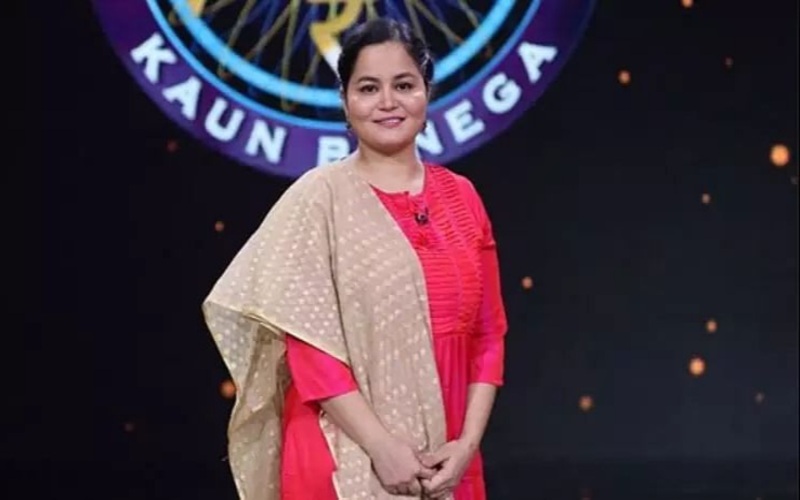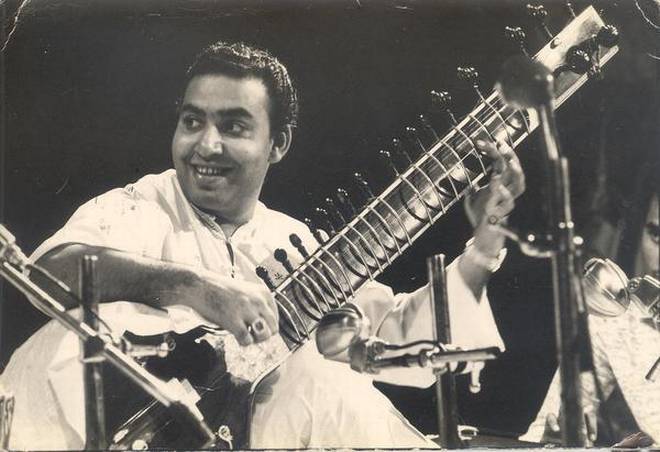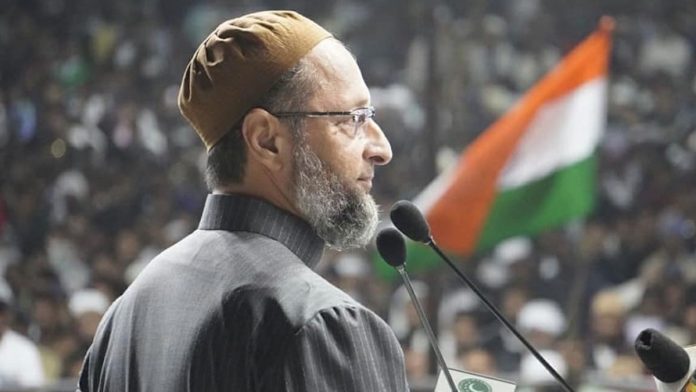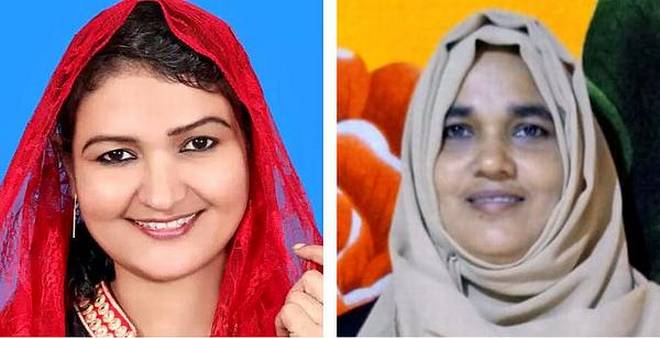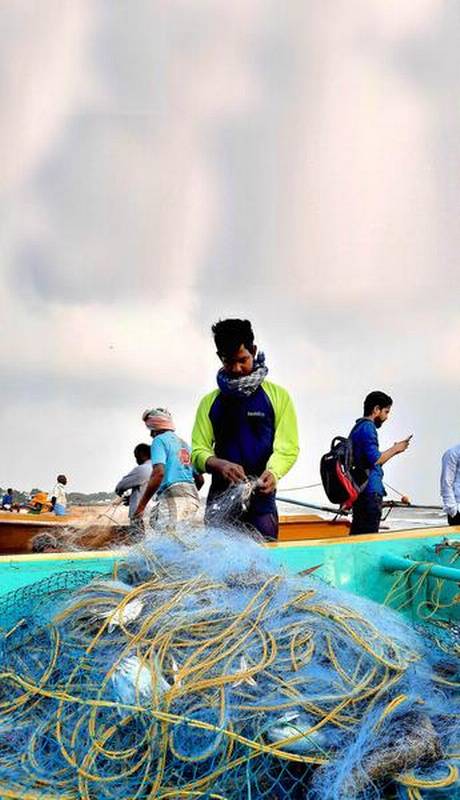GUJARAT :

In October, Sana Khan shared the news of her quitting showbiz forever citing religious reasons
Mumbai:
Television actress and Bigg Boss 6 contestant Sana Khan who quit showbiz to follow spiritual path, got married to Mufti Anas in Gujarat on Saturday.
The videos of an intimate wedding ceremony of Sana Khan are surfacing online. We got our hands on an adorable video where the newly married couple was seen cutting a cake in the presence of their family members. The video was shared by Bollywood’s ace photographer Viral Bhayani on Instagram .
Sana Khan looked resplendent in a white bridal gown. She also wore a hijab along with her wedding dress and looked stunning. She compliment the look with a very simple and light make up. Her partner, Mufti Anas kept it traditional on the wedding day. He chose a white kurta-pyjama for the occasion.
Who is Mufti Anas?
Mufti Anas is a Muslim cleric from Surat, Gujarat. ‘Bigg Bos 8’ contestant Ajaz Khan reportedly introduced Sana Khan to her husband.
In October, Sana Khan took to her social media and surprised her fans by sharing the news of her quitting showbiz forever citing religious reasons.
In her post on Instagram, Sana Khan said that the entertainment industry has given her “all kinds of fame, honour and wealth” but she has realised that she should not make “wealth and fame” her only goal. She added that from now on, she will “serve humanity and follow the order of her Creator.”
“When I searched for the answer to this question in my religion, I realized that this life in the world is actually for the betterment of life-after death. And it will be better if the slave lives according to the command of his Creator, and does not make wealth and fame his only goal; rather, he/she should avoid sinful life and serve humanity, and follow the path shown by his/her Creator. Therefore, I declare today that from today onwards, I have resolved to say goodbye to my Showbiz lifestyle forever and serve humanity and follow the orders of my Creator. All brothers and sisters are requested to pray for me to Allah to accept my repentance and grant me the true ability to live in accordance with my determination of spending my life following the commandments of my Creator and in the service of humanity, and grant me perseverance in it“.
“Finally, all brothers and sisters are requested to not consult me with regards to any Showbiz work henceforth,” she wrote.
While sharing her decision, Sana removed several pictures and videos of herself from her shoot diaries and trips from her social media account.
source: http://www.siasat.com / The Siasat Daily / Home> Top Stories / by Rasti Amena / November 21st, 2020

